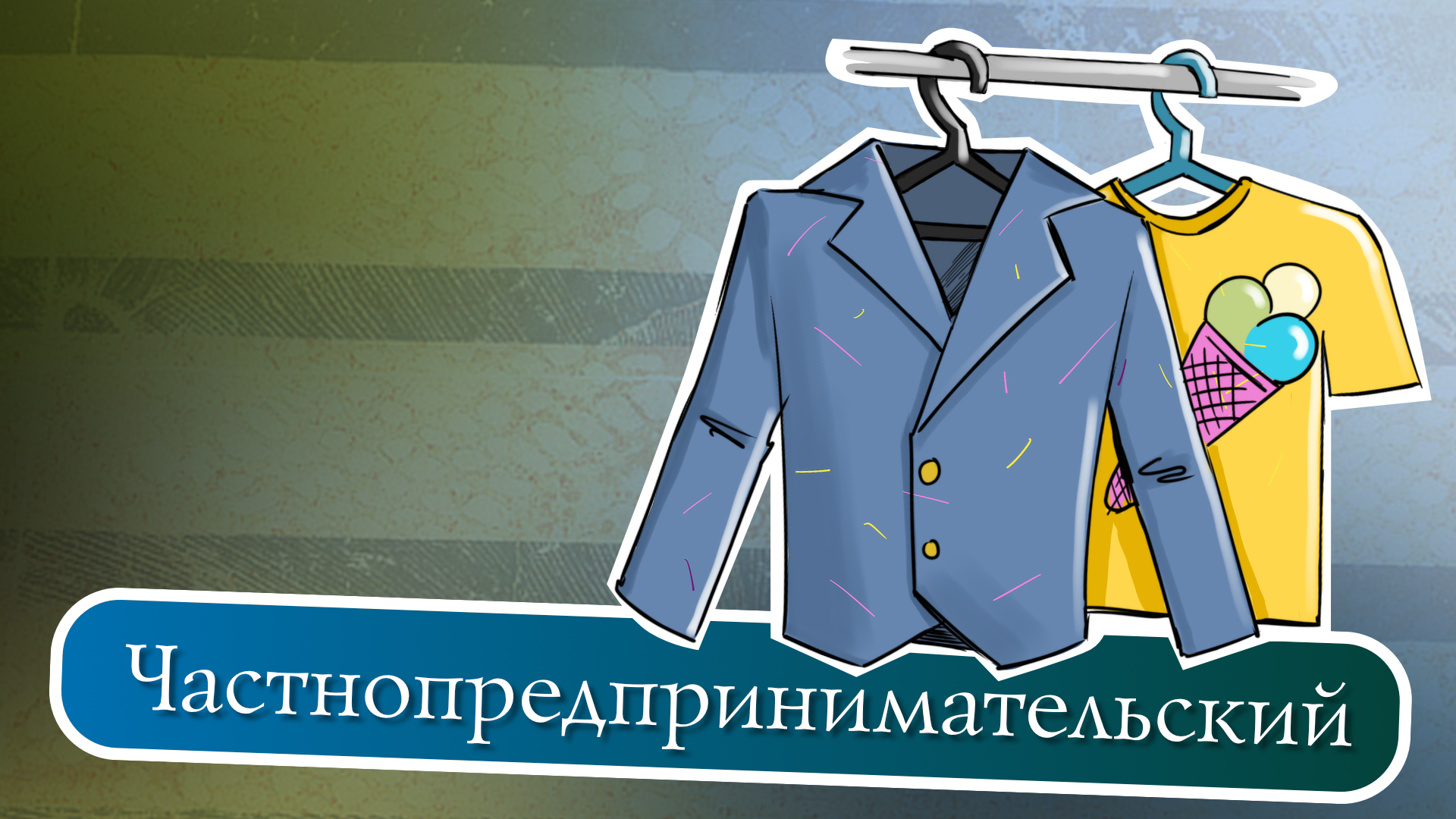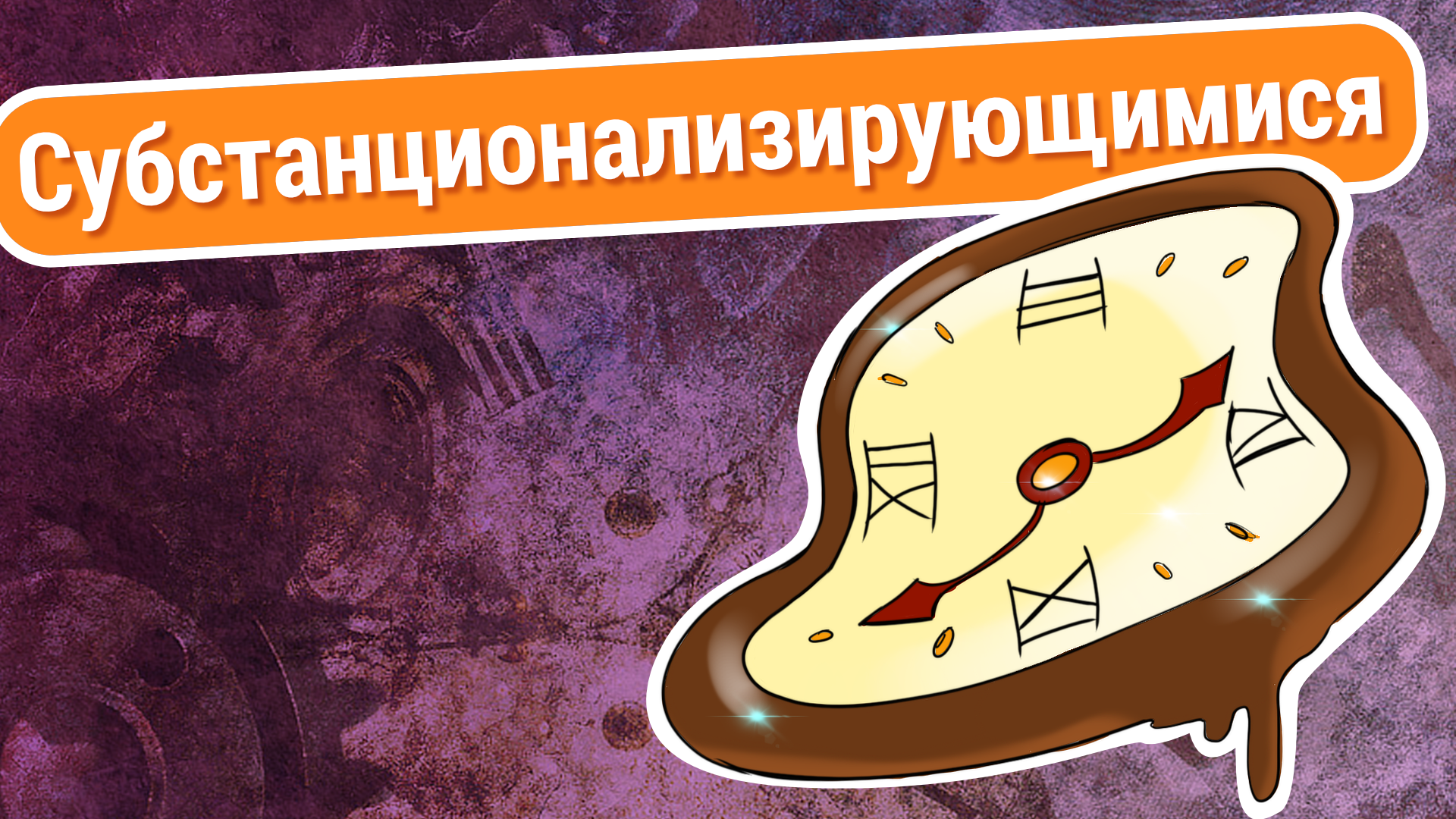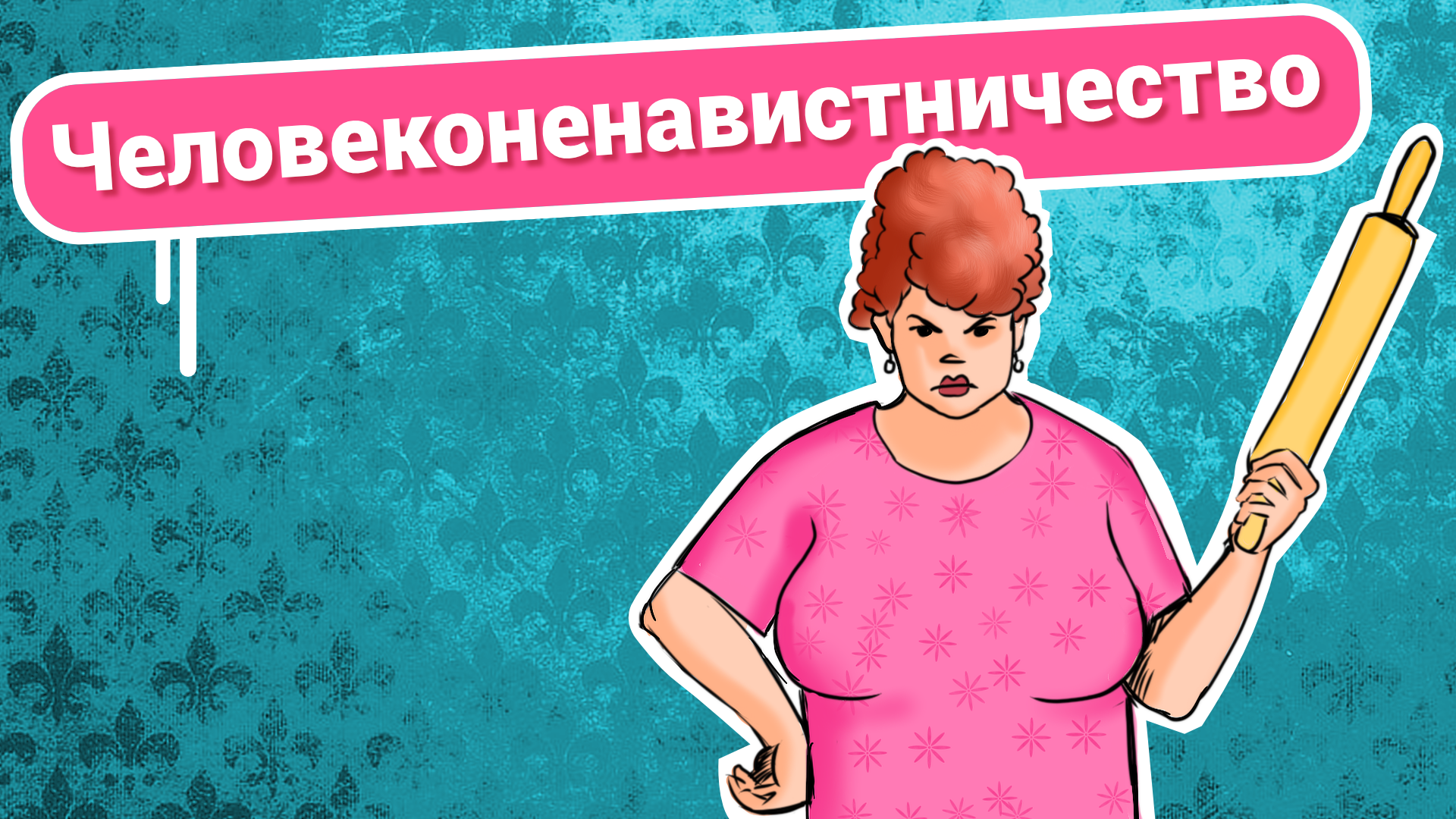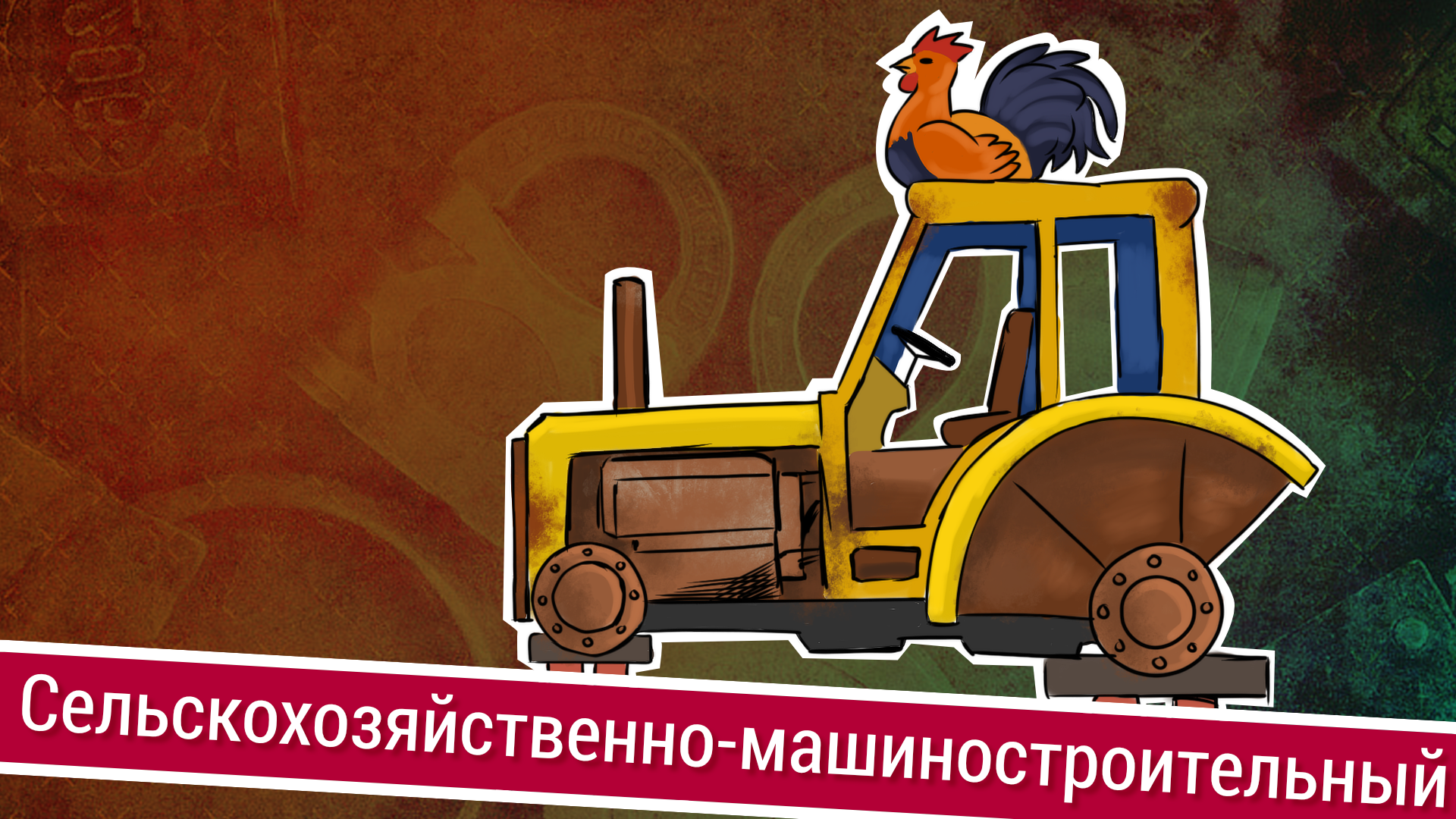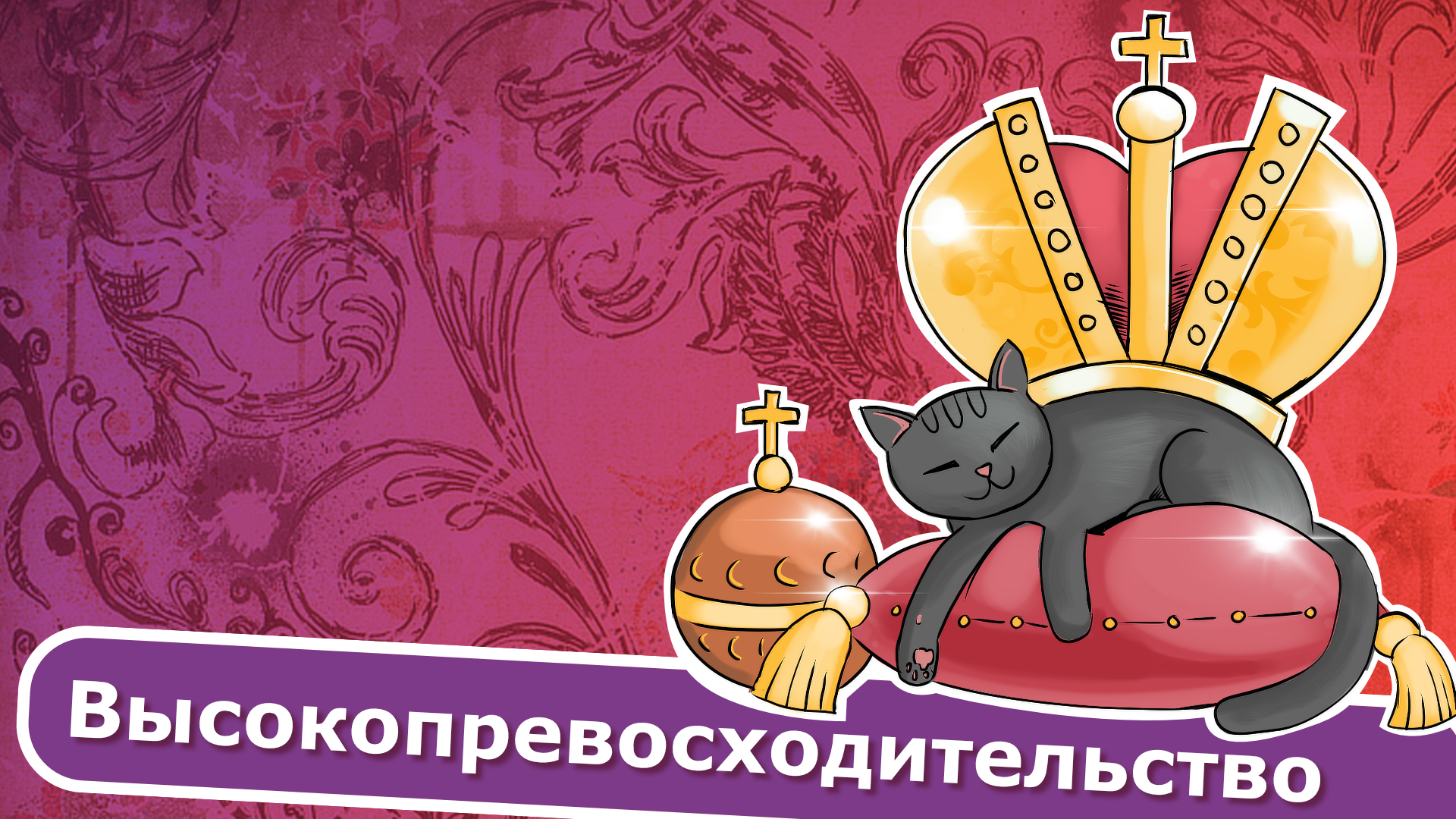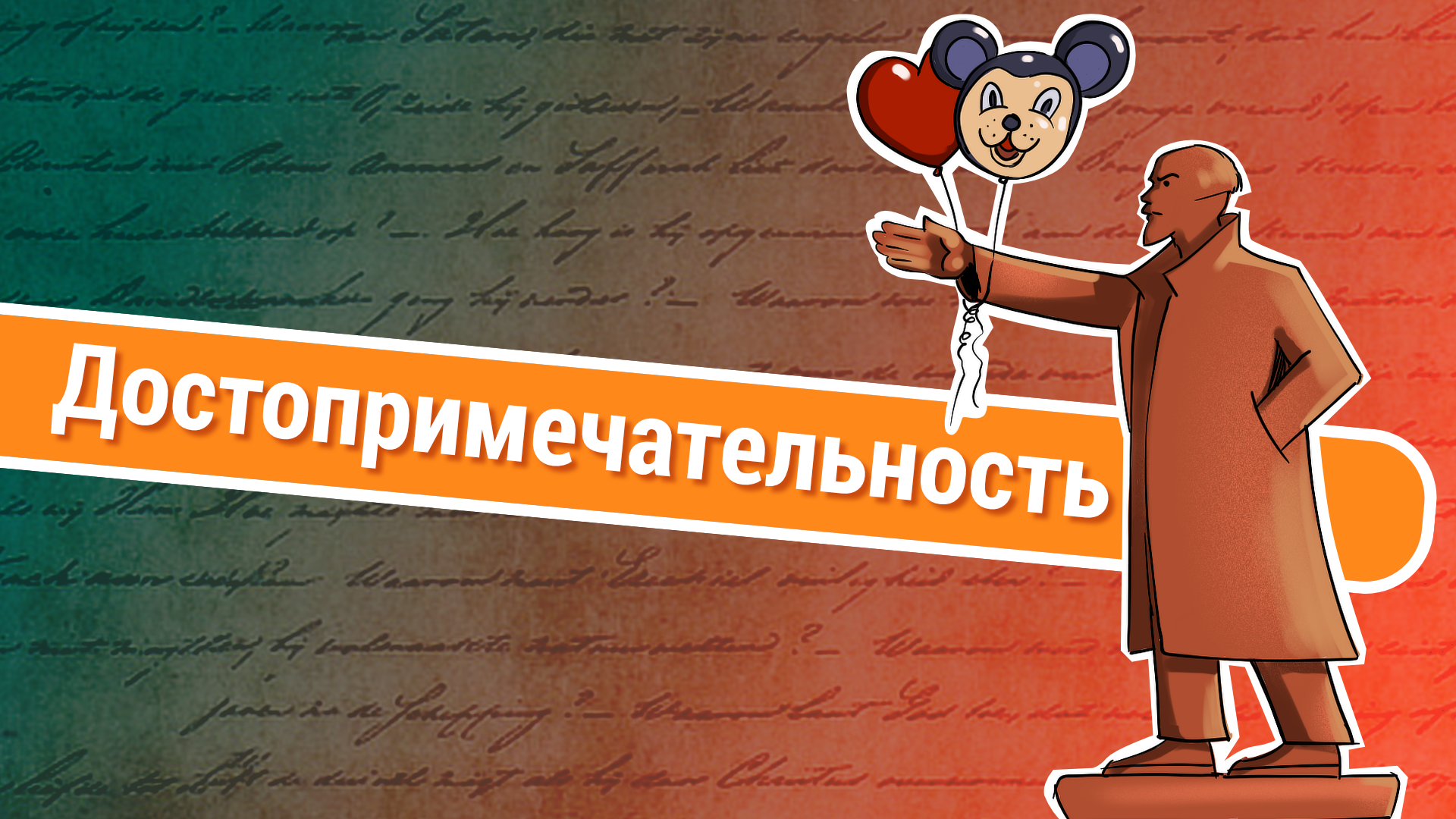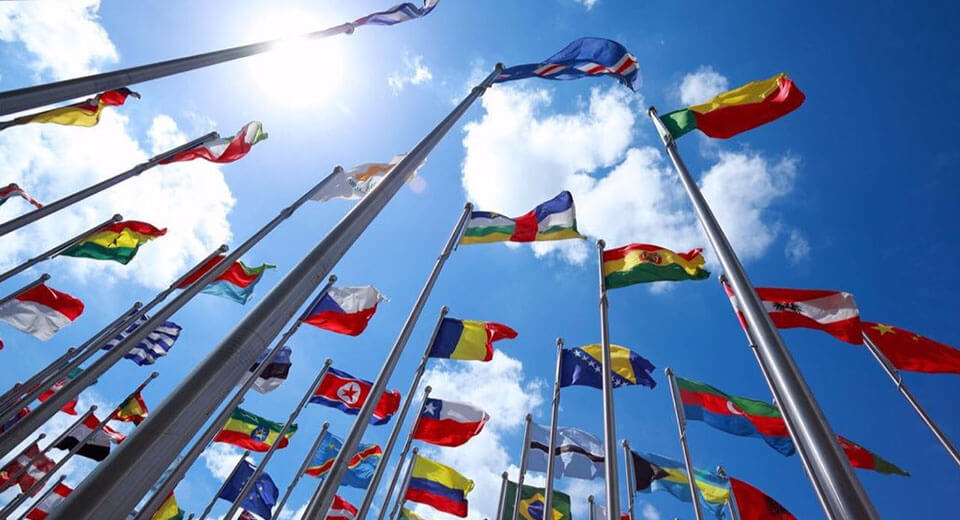Knowing a word of epic proportions such as “antidisestablishmentarianism” is always a great party piece – just ask this Welsh news reader. But when a foreigner can do it in Russian, well, that’s not something you see every day. This handy guide is here to help – be prepared for a challenge, but also see this as a chance to wow your Russian friends.
(If you’re a beginner – don’t worry; Russian words aren’t all like this!)
1. Рентгеноэлектрокардиографический (Rentgenoelektrokardiograficheskii)
This 31-letter monstrosity is often cited as the longest word in Russian, meaning “electrocardiographic X-ray.”
Fear not, it’s actually not as bad as it looks. Just separate the first eight letters (‘rentgeno-’) from the word, and from there the word becomes pretty similar to the English word “electrocardiographic.” Add some Slavic flair on the end (‘-icheskii’) and congratulations! You’ve just smashed the Russian language’s most brutal word. How does it feel?
2. Частнопредпринимательский (Chastnopredprinimatelskiy)
You might actually use this word, which translates to the adjectival form of “private business” or “private enterprise.”
The first thing you should learn in order to master this word is ‘predpriminatel’ – the Russian word for ‘entrepreneur,’ which practically disappeared in communist times until its reinstatement in Soviet law in 1986 during Perestroika. Once you know this important part, the rest of the word is a breeze: Just add ‘chasnto’ (Russian for ‘private’) to the beginning, and you’re ready to rock the boardroom.
3. Субстанционализирующимися (Substanzionaliziruyuschimisya)
This is one for those brainy philosophical souls, and translates roughly as “substantive” or “substantival.” In other words, this adjective describes something that has the function of a noun, or anything of utilitarian or material significance. But you knew that already, right?
The first half of the word (‘substanzional-’) is quite like the English version. The second half is where the fun begins, packing in seven more torturous syllables. Try not to wince too much as you repeat ‘-iz-ir-u-yu-schim-i-sya’! Practice makes perfect – you’ll develop a philosophical Russian soul in no time.
4. Человеконенавистничество (Chelovekonenavistnichestvo)
This is another good one for your existential crisis. In fact, it’s quite fitting that the Russian word for “misanthropically” is 24 letters long — you won’t be feeling too humanitarian after trying to pronounce this linguistic atrocity.
The good news is that this word is rather logical, and those with decent knowledge of Russian will have already recognized that it’s formed from two easy words: ‘chelovek’ (man) and ‘nenavist’ (hatred). Hatred of mankind, see? It all makes sense (sort of). Get these in order and you’re well on your way.
5. Переосвидетельствоваться (Pereosvidetelstvovatsya)
This can be translated as “to get re-certified,” or “to be re-examined.” A very formal word, it’s not hard to imagine yourself in a Russian bureaucratic institution getting completely bamboozled by someone using it. Until now, that is.
The key word buried within this lengthy horror is ‘svidetel,’ the Russian word for ‘witness,’ and its verb form ‘svidetelstvovat.’ Not easy, but once you’ve gotten the hang of it, all you’ll have to do is add ‘pere-’ at the start (the Russian equivalent of ‘re-’), and ‘-sya’ at the end, which makes it reflexive.
6. Сельскохозяйственно-машиностроительный (Selskokhozyaistvenno-mashinostroitelniy)
With 37 letters, it’s longer than our first entry, but the hyphen strips this eyesore of its title as Russian’s longest word. That doesn’t make the word (meaning ‘related to mechanical engineering for agriculture’) any easier to pronounce, or any more useful, for that matter.
There’s no easy way to go about this, unfortunately. The best method is to divide the word up into four separate parts – first, ‘selsko’ (meaning ‘rural’), then ‘khozyaistvenno’ (meaning ‘household’). The second part of the word also consists of two smaller parts: ‘mashino’ (meaning ‘machine’), and ‘stroitelny’ (meaning ‘building’).
Keep trying. You’ll get there eventually, even if you never actually use this word again in your life. We believe in you.
7. Высокопревосходительство (Vysokoprevoskhoditelstvo)
This stinker means “excellency” or “highness” – and if you can pronounce it correctly then you deserve this honor. The word, usually preceded by the word ваше (‘your’), is also one way to correctly address a king or queen. No wonder the Russian royal family fell from power.
Like most other words on our list, it’s also a compound that can be divided into two parts. The first is ‘vysoko’ (meaning ‘high’), leaving the second half, ‘preveskhoditelstvo’. Although a tongue twister in its own right, the second part is more manageable on its own. Keep practicing it, and then eventually add the first half. When you’re confident, use this on your Russian boss for instant brownie points.
8. Достопримечательность (Dostoprimechatelnost)
As the Russian word for “landmark” or “tourist attraction,” this word is by far the one on our list that’s most frequently used in day-to-day conversation. It appears early in the Russian-learning process, giving foreigners a kind of ultimatum within their first few lessons: “commit or leave now, this is what you’re in for.”
For most students, there’s only one way to learn this word – repetition. If you take classes, chances are your teacher will repeat it several times a lesson, and you’ll realize the word is catchier than it seems. If you don’t have a teacher, then perhaps this random woman I found on YouTube can help you instead.
If using any of Russia Beyond’s content, partly or in full, always provide an active hyperlink to the original material.
Get the week’s best stories straight to your inbox
What is the longest Russian word in each part of speech? Examples and translation
What is the longest Russian word? Sorry, guys, but this time I am going to disappoint you: the longest Russian word is the name of some stuff in chemistry and there is no point or use mentioning it, because neither I nor you will be able to read it, or memorize or show off reciting it. I’d better tell you other longest Russian words and try to adequately translate them.
The longest Russian word among verbs is… Well, there are three words like this and all three consist of 24 letters.
They are 1) «переосвидетельствоваться»; 2) «субстанционализироваться»; 3) «интернационализироваться». To be honest, the second two are never used and hardly 10% of Russians can understand their meaning.
The funniest thing is that most of longest Russian words are hardly used.
The first one «переосвидетельствоваться» means to get annually a certain kind of medical document stating your health condition.
The second one «субстанционализироваться» can be translated as ‘to become a substation of some kind’. An absolutely weird word. The third one «интернационализироваться» is ‘to become international’. But nobody put it this way.
The longest Russian word among nouns is «человеконенавистничество». Oh, sorry, completely forgot: there is another one – «высокопревосходительство». They both consist of 24 letters. «Человеконенавистничество» means ‘hatred to human beings’ and «высокопревосходительство» used to be a form of a polite address to people of highest rank and aristocrats. It is not used any longer. Check out How Russians address men and women and other strangers.
The longest Russian word among adjectives is «электрофотополупроводниковый», 28 letters. It is from physics and means ‘electrophotosemiconducting’. A long and useless word. There is another adjective which is called ‘The longest Russian adjective with a hyphen’ — «сельскохозяйственно-машиностроительный». It is translated as ‘agricultural machine building’.
The longest Russian adverb mentioned in the dictionary is «неудовлетворительно», 19 letters. It means ‘unsatisfactorily, poorly’. But there are longer adverbs deriving from adjectives, but they are not mentioned in the official dictionaries.
And the final longest Russian word which is both a preposition and a conjunction is «соответственно». It can be translated as ‘according to, in accordance with’ or ‘respectively’; ‘properly’.
That’s probably all. Take care and subscribe to Speak Russian Like Russians to stay tuned! Bye-bye!
Listen to What is the longest Russian word in each part of speech? Examples and translation

According to the Guinness Book of Records published in 1993, the longest Russian word was:
- Рентгеноэлектрокардиографического (33 letters, a masculine adjective in Genitive case)
[ryen-tgye-na-e-lyek-tra-kar-deea-gra-FEE-chyes-ka-va]
It is a medical term which means “X-ray electrocardiographic” in English.
In 2003 the Guinness Book of Records published another longest word in Russian:
- Превысокомногорассмотрительствующий (35 letters, a masculine adjective)
[prye-vi-so-ka-mno-ga-ras-mat-REE-tyel’-stvoo-yoo-sheey]
This word means a polite form of address to highest rank officials in the 19th century Russia, similar to Your Majesty.
Let’s look at some more examples. According to the Dictionary of Russian Spelling, another longest word in Russian is:
- Cельскохозяйственно-машиностроительный (38 letters, a masculine adjective)
[syel’-ska-ha-ZYAYS-tvye-na-ma-shee-na-stra-ee-tyel’-niy]
It means “agricultural machine building” in English.
Here are some more words you might find interesting:
- Водогрязеторфопарафинолечение (29 letters, a masculine noun)
[vo-da-grya-zye-tor-fa-pa-ra-fee-na-lee-CHYE-nee-ye] treatment with water, mud, peat and paraffin
- Частнопредпринимательского (26 letters, a masculine adjective)
[chas-tna-pryed-pree-nee-MA-tyel’-ska-va] owned by a businessman or an entrepreneur
- Переосвидетельствующимися (25 letters, a participle)
[pye-rye-as-vee-DYE-tyel’-stvoo-yoo-shee-mee-sya] derived from the word “reexamine”
- Субстанционализирующимися (25 letters, a participle)
[soop-stan-tsee-a-na-lee-ZEE-roo-yoo-shee-mee-sya] derived from the word “substantialize”
- Интернационализирующимися (25 letters, a participle)
[eenter-na-tsee-a-na-lee-ZEE-roo-yoo-shee-mee-sya] derived from the word “internationalize”
We hope you won’t get frightened of these examples of long Russian words. No need to worry! Not all Russian words are that long. However, you will most probably come across many other interesting and funny Russian words when you learn Russian language.
We’d like to ask you to share your experience about what long or interesting Russian words you have already come across? Do you know any long words in other languages?
Самое длинное слово в русском языке — «Слово о полку Игореве» (анекдот с самой длинной бородой)
Что не учла Книга рекордов Гиннесса?
Согласно Книге рекордов Гиннесса 2003 года, самое длинное слово в русском языке состоит из 35 букв.
Это слово — превысокомногорассмотрительствующий.
Если обратиться к орфографическому словарю РАН, у самого длинного слова в русском языке «всего» 29 букв.
И это слово — водогрязеторфопарафинолечение.
Но способности русского языка к словообразованию раскрывают его потенциал к формированию длинных слов. Поэтому мы рассмотрим, какие слова на самом деле являются САМЫМИ длинными в русском языке.
Чудеса словообразования
1. Научные термины, связанные с химическим производством. Именно у них наибольшее количество букв. Например:
- тетрагидропиранилциклопентилтетрагидропиридопиридиновые (55 букв)
- гидразинокарбонилметилбромфенилдигидробенздиазепин (50 букв)
- кокамидопропилпропиленгликольдимонийхлоридфосфат (48 букв)
- метоксихлордиэтиламинометилбутиламиноакридин (44 буквы)
2. Следующую по «длительности» группу представляют сложные слова (обычно прилагательные), образованные от числительных. Например:
- тысячадевятьсотвосьмидесятидевятимиллиметровый (46 букв)
- четырёхсотпятидесятисемимиллиметровое (37 букв)
- восьмидесятивосьмисантиметровое (31 буква)
3. Далее следуют сложные слова, относящиеся к различным сферам деятельности человека (в большинстве случаев к производству, медицине). Например:
- рентгеноэлектрокардиографического (33 буквы)
- фиброэзофагогастродуоденоскопия (31 буква)
- водогрязеторфопарафинолечение (29 букв)
- автоэлектростеклоподъемники (27 букв)
4. Несмотря на то, что аббревиатуры созданы для того, чтобы упрощать полные названия, в русском языке существовала аббревиатура, состоящая из 56 букв:
НИИОМТПЛАБОПАРМБЕТЖЕЛБЕТРАБСБОРМОНИМОНКОНОТДТЕХСТРОМОНТУПРАСИАСССР
А расшифровка выглядит еще страшнее: «Научно-исследовательская лаборатория операций по армированию бетона и железобетонных работ по сооружению сборно-монолитных и монолитных конструкций отдела технологии строительно-монтажного управления Академии строительства и архитектуры СССР».
Только представьте, каково приходилось работникам этого учреждения!😊
Бесконечные части речи
В каждой части речи есть свои «представители», готовые похвастаться большим количеством букв.
1. Имена существительные:
- человеконенавистничество (24 буквы)
- высокопревосходительство (24 буквы)
- делопроизводительница (21 буква)
- одиннадцатиклассница (20 букв)
2. Глаголы:
- переосвидетельствоваться (24 буквы)
- субстанционализироваться (24 буквы)
- интернационализироваться (24 буквы)
3. Имена прилагательные:
- электрофотополупроводниковый (28 букв)
- частнопредпринимательский (25 букв)
Отдельно отметим самое длинное сложное прилагательное сельскохозяйственно-машиностроительный (37 букв).
4. И это ещё не всё! Затронула тяга к «длиннотам» и другие части речи, в том числе служебные:
Причастия:
субстанционализирующимися (25 букв)
Наречия:
неудовлетворительно (19 букв)
Частицы:
исключительно (13 букв)
Предлог и союз:
соответственно (14 букв)
А какие самые длинные слова в русском языке и других языках знаете вы? Ждём ваших ответов!
Понравился материал? Не забудьте, пожалуйста, поставить лайк!
Learnoff в:
Одноклассниках
ВКонтакте
Telegram
Наш сайт
As many modern and ancient thinkers, for example Paustovsky, Gorky, Kovalenko, Merimee, said, the Russian language is really inexhaustibly rich, great, powerful, and with its help it is possible to express any thought, describe any object or phenomenon. Any foreigner and even someone who has taught this language since childhood, will be able to confirm this. Therefore, the topic of today’s article is the longest words in the Russian language, their origin, meaning, as well as the possibilities of their compilation.
The longest words of the Russian language must necessarily be sought by criteria. That is, consider the case, number, part of speech, the presence of a hyphen, even the origin of the word. For example, in 1993 the Guinness Book of Records proclaimed the word «X-ray electrocardiographic» the most «long» word of the Russian language. It is the word form in the genitive case, and the number of letters in it is thirty-three. Already in 2003, it was replaced by a lexeme in the nominative case, consisting of thirty-five characters, «overexclusive», although the form of the same word in the genitive case would be two characters longer.
Also it is possible to combine word forms and, thus, to receive the longest words in Russian. For example, «methoxychlorodiethylaminomethylbutylaminoacridine» is a yellow crystalline powder, more simply, acrichin. To this huge word (44 symbols), you can add the ending of the plural of the instrumental case. Then we get a noun of 47 symbols — «methoxychlorodiethylaminomethylbutylaminoacridines».
Or take the word «hexakosiohexecontacthexaparascavedecatriaphobia» — this is the fear of the diabolical number 666 on Friday the thirteenth. We can simply just add the ending and get the word out as many as 50 characters — «hexakosiohexecontacthexaparascavedecatriaphobia».
In addition, there are words that are simply not registered in conventional dictionaries because of their triviality. It is a question of prefixing the formation of new word forms. For example, «four hundred and fifty-four-kilogram» or «great-great-great- In this case, the longest words in the Russian language can be enumerated endlessly. And if it can be considered an abbreviation word, then there is
NIIOMTPLABOPARMBETZHELBETRABSBORMONIMONKONOTDTEHSTROYMONT. This abbreviation of one scientific research laboratory is made up of 56 symbols. But again the abbreviation can be invented absolutely any and absolutely any length.
Your attention was given to the longest words in Russian. As you can see, there are a lot of them, but they can not be found in dictionaries or heard in oral speech , they are used only in specialized literature.
In all languages there are the longest words. In Russian, in German, Italian, Arabic and so on. But the most «long» word of the world came from English. It consists of 1916 symbols and denotes a chemical compound. And the longest name of a certain Mr. Jodd from Honolulu. It translates as «the beautiful aroma of a native house, located at a pearl mountain, is exalted to the eyes of heaven.»



